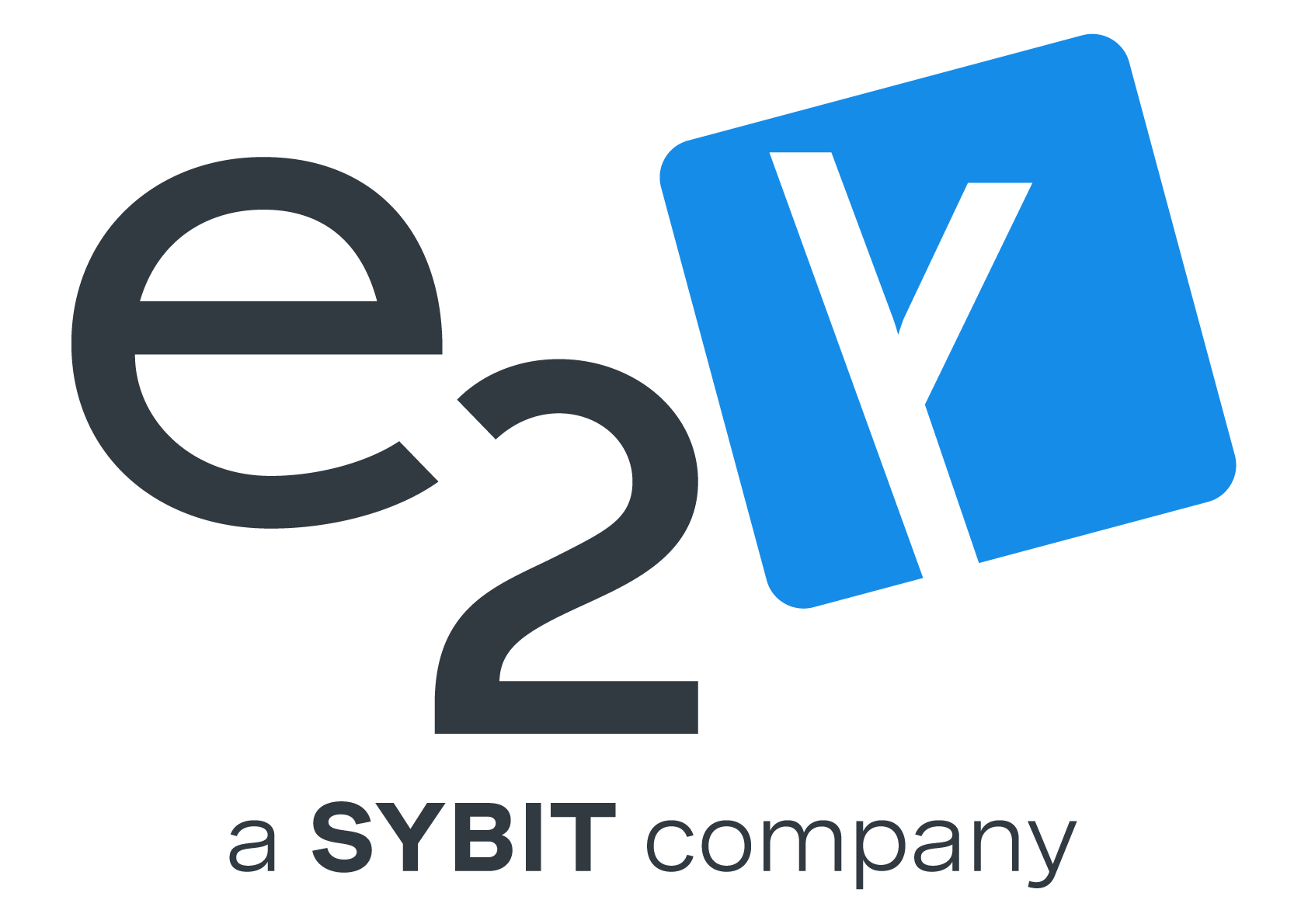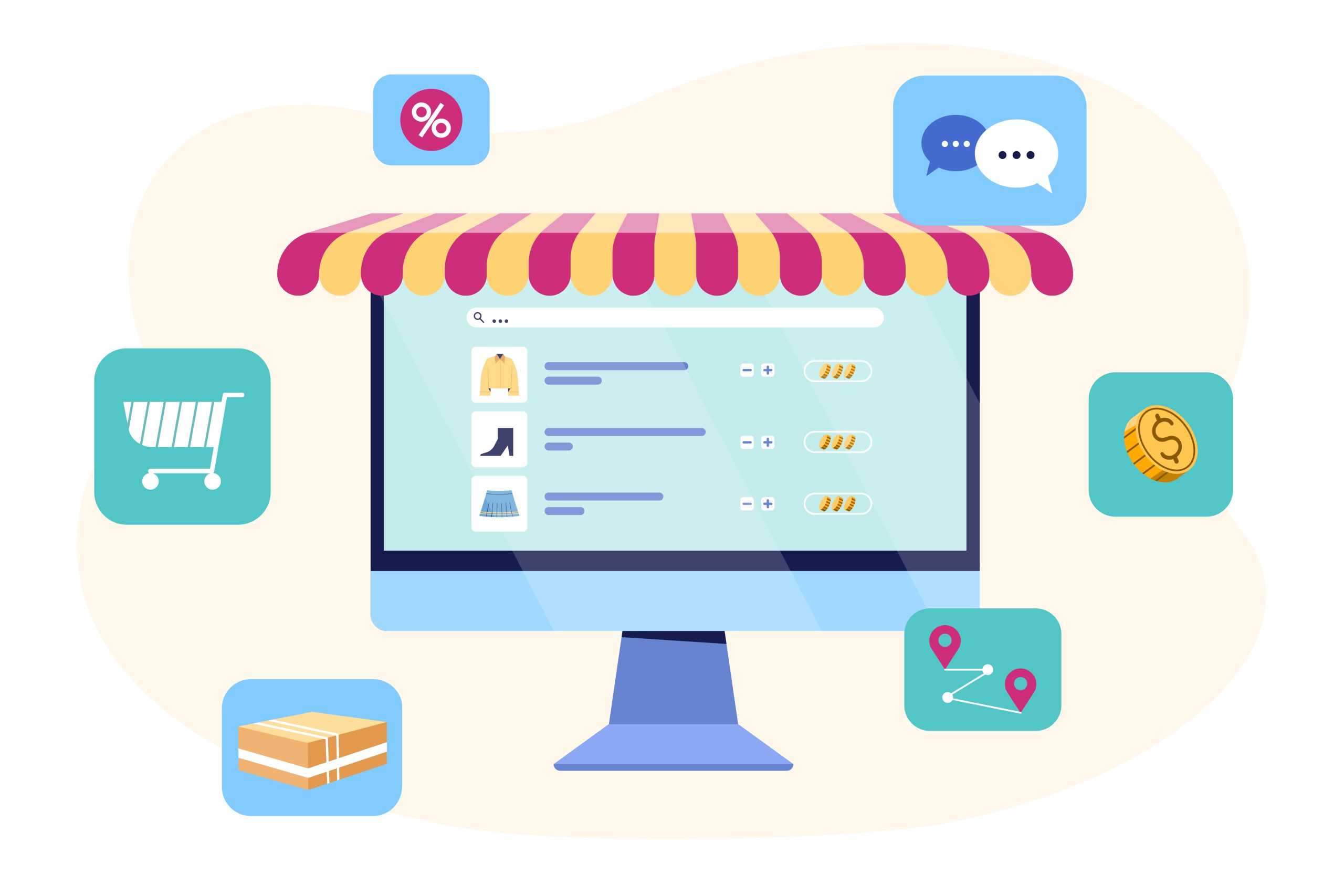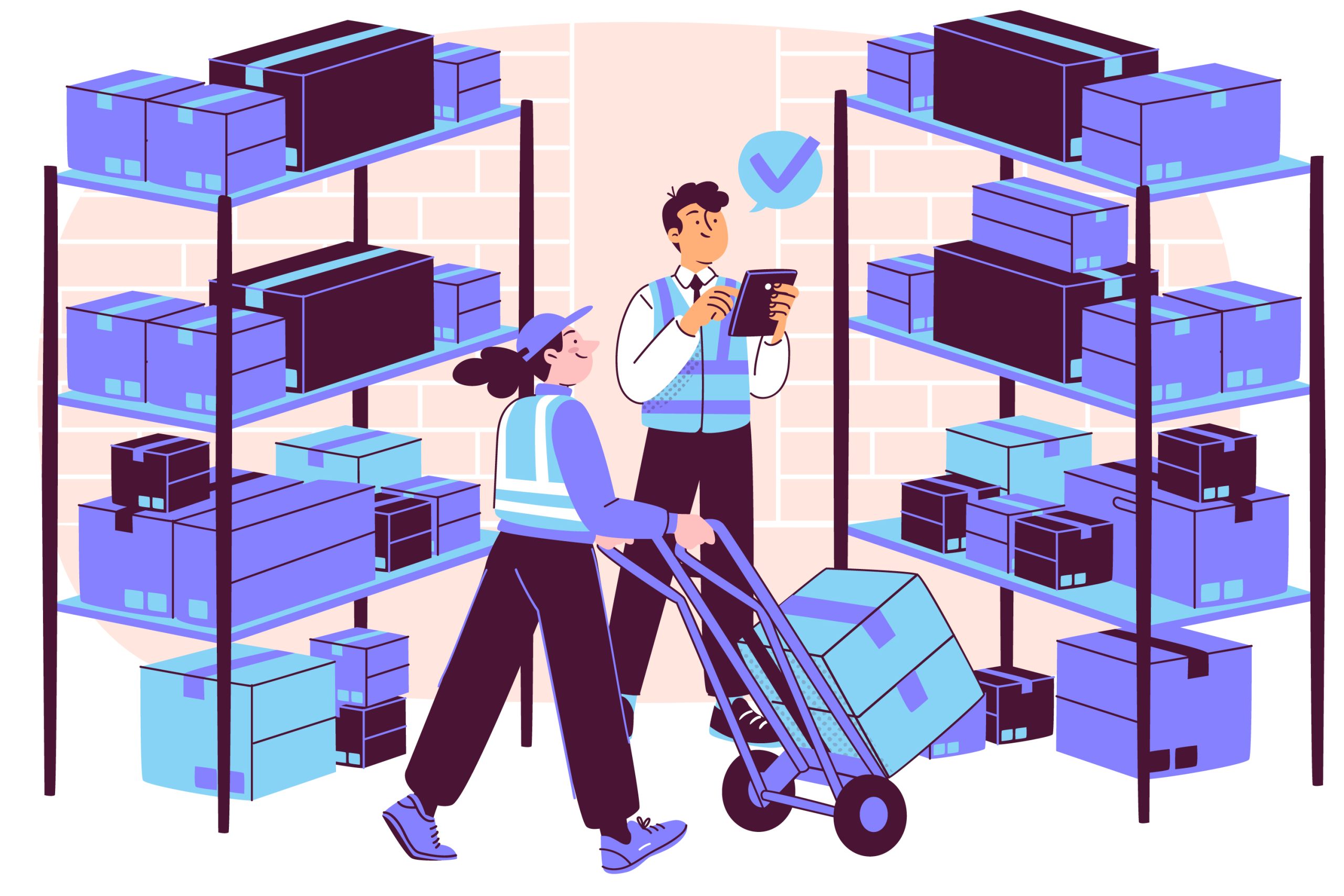B2B ecommerce is constantly changing, and the need to stay ahead of trends and industry shifts is imperative. Here, we delve into some of the key practices designed to enhance a B2B marketplace’s performance, with a primary focus on buyer and seller trust, product information, and personalised customer experiences.
Establish trust
Creating a B2B marketplace grounded in trust is crucial, especially due to the significant financial risks involved. In the realm of B2B ecommerce, trust is usually built over years of networking and developing relationships, facilitating a seamless transition to online services for businesses. However, acknowledging that not every business has the luxury of time to build such a network, a dedicated commitment to instilling trust is a must right from inception.
To enforce this, there are various tactics a B2B marketplace can adopt, including:
- Creating a clear code of conduct
- Implementing identity verification
- Ensuring exceptional customer service
For instance, consider the B2B marketplace Alibaba, recognised for its reputation as a trustworthy and reliable platform. This recognition is attributed to features such as their Trade Assurance program, a robust verification and ratings system, and the facilitation of transparent communication between buyers and sellers.
Optimise product information
Optimising product information is crucial for enhancing a buyer’s experience in a B2B marketplace. Detailed product pages play a vital role in providing potential buyers with detailed information, empowering them to make well-informed decisions and steering clear of buyer’s remorse.
Aside from drafting a compelling and easily understandable product description, these pages should encompass:
- Unique part numbers, including SKUs and cross-reference numbers
- Inventory availability indicators such as Out of Stock, In Stock, or Limited Stock
- Attachments like user guides and spec sheets
Additionally, providing tools such as real-time inventory tracking or quote requests contributes to the success of the B2B marketplace for all involved parties.
Personalise customer experiences
As B2B ecommerce continues to grow, satisfying the demands for a personalised, hyper-tailored customer experience is crucial. Personalising customer experience and customising offerings extends far beyond refining product descriptions.
Capturing the data on ecommerce sites allows B2B marketplaces to gain insights into buyer behaviours and preferences. Whether it’s tracking recent logins, product searches, or category views, this data empowers B2B marketplaces to offer a more personalised experience. Having access to this data enables B2B marketplaces to personalise customer experiences by:
- Tailoring recommendations – By understanding what their customers are actively seeking, B2B marketplaces can tailor their suggestions, increasing the likelihood of customers having relevant and appealing recommendations.
- Personalising communication – Businesses can send targeted messages, triggered by actions like recent logins or product searches.
- Streamlining user journeys – By analysing patterns such as specific product searches, businesses can optimise the customer experience, simplifying navigation and anticipating customer needs.
In our upcoming posts, we’ll explore further practices that contribute to the success of B2B marketplaces. Stay tuned for more valuable insights, ensuring you remain at the forefront in the ever-evolving landscape of B2B ecommerce.




